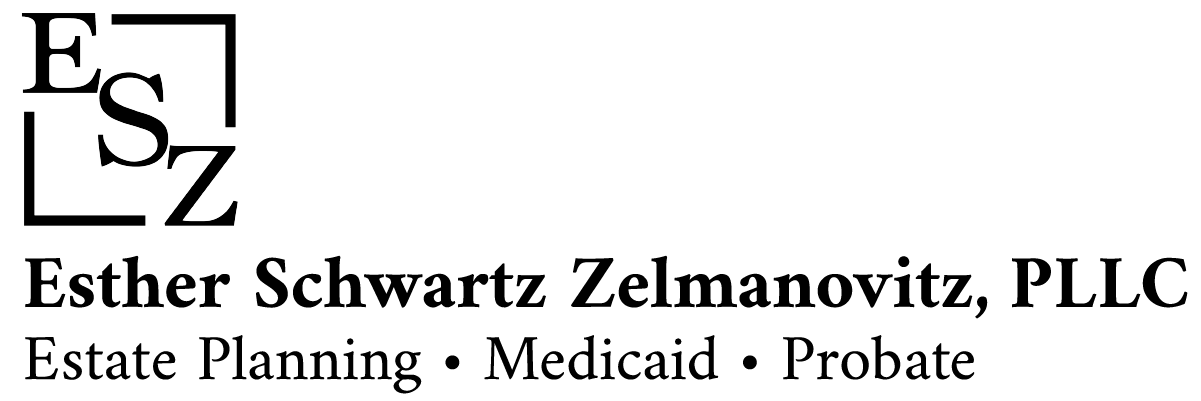Maybe, but the New York State Department of Health lists the annual estimated average nursing home rate in 2023 at $169,632 on Long Island and $169,704 for New York City. Most people without unlimited wealth who enter a nursing home will eventually have to rely on Medicaid to assist in payment of their health care. … Read More
My parent just passed away. What should we do?
Your first priority in the time of grieving should be focused on the funeral arrangements. You should determine whether or not your loved one had pre-planned funeral arrangements and/or a cemetery plot deed. When the immediate arrangements have been taken care of, you should schedule a consultation with an attorney who can assist you with … Read More
My parent has been admitted to a nursing home. The social worker is talking about Medicaid. Can my parent really qualify for Medicaid?
Yes, most likely he or she can. Medicaid is a “means tested government entitlement.” In plain language, this means that a person’s income and resources must be below a certain level in order to be eligible for benefits, among other eligibility requirements. With proper planning, a person can protect his or her assets. Many people … Read More
Why do I have to plan in advance if my special needs child can create their own first party special needs trust with their inheritance?
If your child receives an inheritance from your estate without advance special needs planning, his or her government benefits will immediately be at risk upon your passing. Imagine the trauma of losing a parent, often a primary care-taker and simultaneously having the stress of potentially losing government benefits and requiring the need for immediate, and … Read More
The bank said I need Letters Testamentary in order to get the money out of my deceased parent’s account. Can’t I use a Power of Attorney?
No. A Durable Power of Attorney terminates when the principal dies. There is an abridged process to obtain smaller amounts of money from a deceased parent’s bank account, but for larger estates, the bank needs legal confirmation of who is authorized to receive the funds. Letters Testamentary are issued by the Surrogate’s Court to the … Read More
What is the letter of intent that accompanies the Supplemental Needs Trust and why is it important?
This is a written statement drawn up by the person creating the trust (the “grantor”, often a parent of the beneficiary), that outlines the wishes of the parents as to how the money in the Supplemental Needs Trust should be used for the beneficiary, where the beneficiary should live, how the residence will be maintained, … Read More
The police sealed the apartment/house. How can I enter?
It would be important to enter the premises to find funeral and burial information, insurance policies, and a will. You will have to file a petition to enter the property at the Miscellaneous Department of the Surrogate’s Court in the county where the decedent lived. When the court order is issued, you should contact the police … Read More
What is a trust?
A trust agreement is a document that gives clear instructions that you want followed for property held in the trust for your beneficiaries. Common objectives for trusts are to avoid probate, to reduce the estate tax liability, to protect your property for long term care planning, or to control specific distribution of your estate even … Read More
